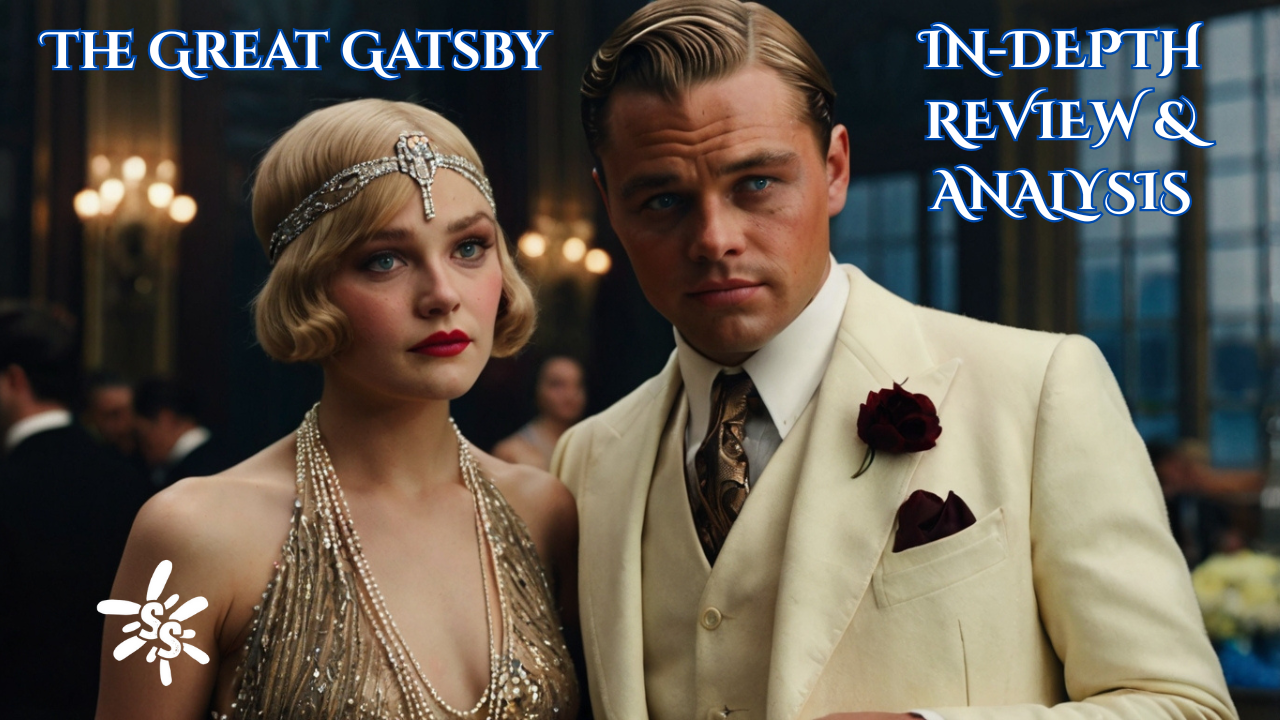“So we beat on, boats against the current, borne back ceaselessly into the past.”
These closing words from The Great Gatsby are not simply poetic — they are a quiet collapse of a national mythology.
F. Scott Fitzgerald’s 1925 novel stands as one of the most delicately balanced tragedies in American literature. It is a novel of light and shadow, of hope and hollowness, of men who build fortunes and illusions with equal ambition. And at its heart lies Jay Gatsby — a man who invents himself to be loved, only to be destroyed by the very world he tried to enter.
In The Great Gatsby, Fitzgerald captures not just a decade — the jazz, the champagne, the jazz-age glamour — but a condition: the haunting tension between who we are, who we pretend to be, and what we dream of becoming. Gatsby’s love for Daisy is not love in the personal sense — it is love as projection, as perfection, as promise. In chasing her, he chases a version of America: dazzling, green, and always out of reach.
Nick Carraway, the novel’s narrator, is often overlooked, but his journey is profound. What begins as a detached observation becomes, by the end, a bitter lamentation. He sees the machinery of wealth, the vanity of the elite, and the wreckage it leaves behind. It is no accident that Nick is from the Midwest — Fitzgerald draws a map not just of places, but of moral bearings. East and West, old money and new, illusion and reality.
The Great Gatsby is a short novel, but it’s infinite in implication. Fitzgerald writes with a painter’s eye and a poet’s ache. Beneath the bright lights of Gatsby’s parties lie the sick rhythms of disillusionment. The American Dream is not rejected — it is revealed. For Gatsby, it is not enough to rise. He must rewrite time. And in this doomed pursuit, we find a character who is deeply romantic, quietly heroic, and utterly tragic.
In the end, Gatsby is killed not for his crimes, but for his dreams.
And maybe, so are we.

